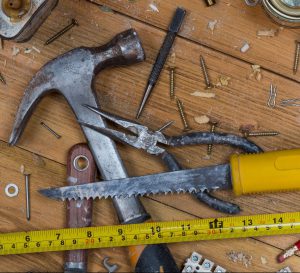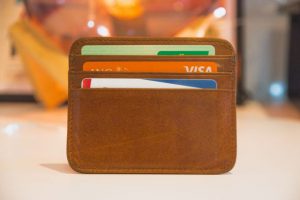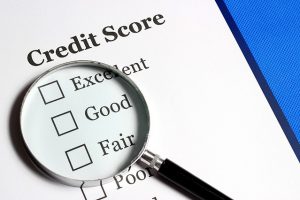Buying a home requires more than signing on the dotted line. From preparing to buy a home to waiting for closing day, there are several things you have to keep in mind to keep your home financing on track and your homebuying experience a positive one.
1. Do get pre-approved first.
Getting pre-approved is the number one “do” for homebuying. Shopping for homes without a pre-approval is comparable to going to the mall without your wallet. In fact, some real estate agents won’t write or accept a purchase offer for homebuyers who don’t have a pre-approval letter.
For an even more peace of mind and a competitive edge in the homebuying market, ask one of our loan officers about a loan commitment. A loan commitment means you can be fully approved to purchase a home, pending an appraisal, even prior to finding one to buy.
2. Do keep credit accounts in good standing.
A late payment hit on your credit report could devastate your pre-approval or closing. Because payment history accounts for approximately one third of your credit score, a 30-day late payment could clip 60-100 points from your score. Now is the time to make sure all of your financial ducks are in a row.
3. Do account for and understand other costs associated with your mortgage.
Closing costs typically run 3-5% of your home’s purchase price. New loan disclosure laws require your lender to provide you with a loan estimate form three business days after application. The loan estimate will include an estimated cash-to-close sheet.
4. Do save some reserves.
Even if your mortgage option offers 100% financing, it’s important to start saving for other homebuying and homeowner expenditures, such as earnest money, home maintenance, etc.
5. Do communicate openly with your lender.
To ensure a quick and smooth closing, it’s important to be upfront with your lender on any changes in your financial picture.
Also, if your mortgage banker asks for additional information or documentation on your loan application checklist, do you best to get it to them in a timely manner.
6. Do set homebuying budget.
Lenders closely analyze several aspects of your finances to determine the amount of money you are approved to borrow, but it’s important to determine what you are comfortable paying monthly as well.
Take into account home maintenance expenses and utility costs to make sure you are overextending yourself on your homebuying budget.
7. Don’t open any new credit lines.
Opening a new credit card will lead to another inquiry on your report and potentially drop your credit score. The interest rate you receive from your lender could be affected if your score drops and you haven’t locked yet or could knock you out of the qualifying range altogether.
8. Don’t make large purchases on credit.
You’re waiting to close on your new home, but you need to buy new kitchen appliances. It’s okay to ring them up on a credit account, right? Well, maybe.
Making a major purchase on any type of credit line will affect your debt-to-income ratio. Talk to your loan officer before charging any large purchase on your credit card prior to closing. If in doubt, hold off until your loan has closed.
9. Don’t close any old credit cards or pay off old collections.
Closing an old credit card may remove the temptation to rack up a balance, but it can also shorten your credit history and drop your score.
During the pre-approval stage, your lender will pull your credit report and make you aware of any outstanding bills that have gone to collections. Before you pay them, wait for the go-ahead from your lender. Paying an old collections account brings that discrepancy to the present and can drop your credit score significantly.
10. Don’t quit or change jobs.
Your employment status is checked during the processing of your loan and will be checked again before you loan closes. Your financing is figured on your, and possibly your spouse’s, income to determine the purchase amount you can finance. If you expect your employment to change at any point prior to or during the loan process, make it known to your mortgage lender to avoid any surprises pre-closing.
11. Don’t switch from a salary/hourly job to a commission-based position.
Your mortgage lender uses your income to determine affordability of a new home alongside your other debts. A debt-to-income ratio is relatively uncomplicated to determine if you have a steady, predictable income. Borrowers who have a commissioned income often need to provide substantial history of their income to prove a sufficient commission average over time.
12. Don’t make random, undocumented deposits into your bank accounts.
During the verification process of your loan, your lender will ask you for the past 60 days of your bank statements. Underwriters will take another look at your assets and bank records prior to closing. You will have to explain any unusual deposits and provide documentation for where the extra cash came from.
13. Don’t pick a real estate agent blindly.
Your real estate agent is just as important as your mortgage banker in the homebuying process. Make sure you pick one that fits your homebuying needs. Ask for a referral from your lender and look for an agent with up-to-date credentials and experience in your market’s location and price point.
Interested in learning more about the homebuying and mortgage process? Download our free Mortgage 101 Handbook for everything you need to know about purchasing your first home.












